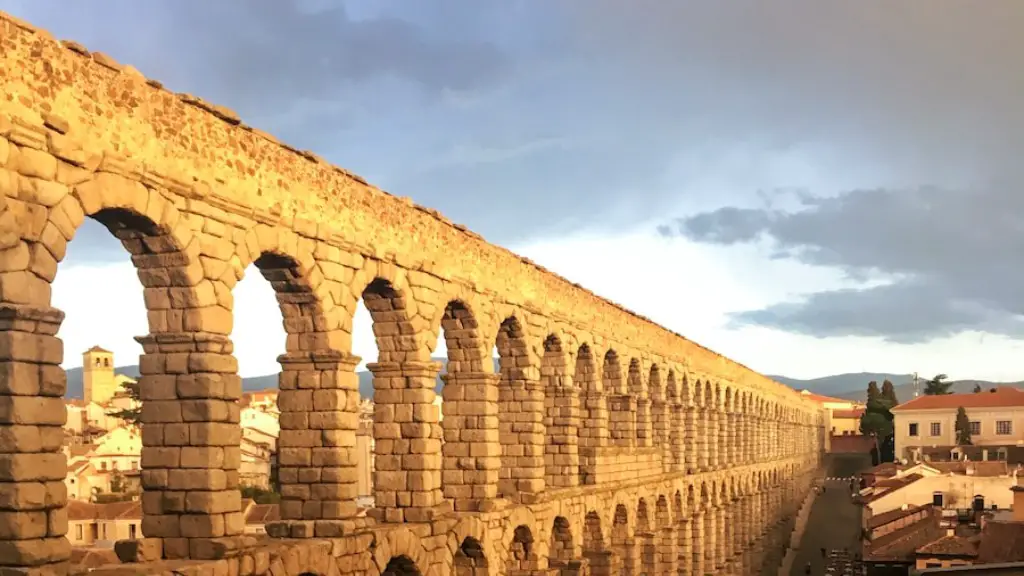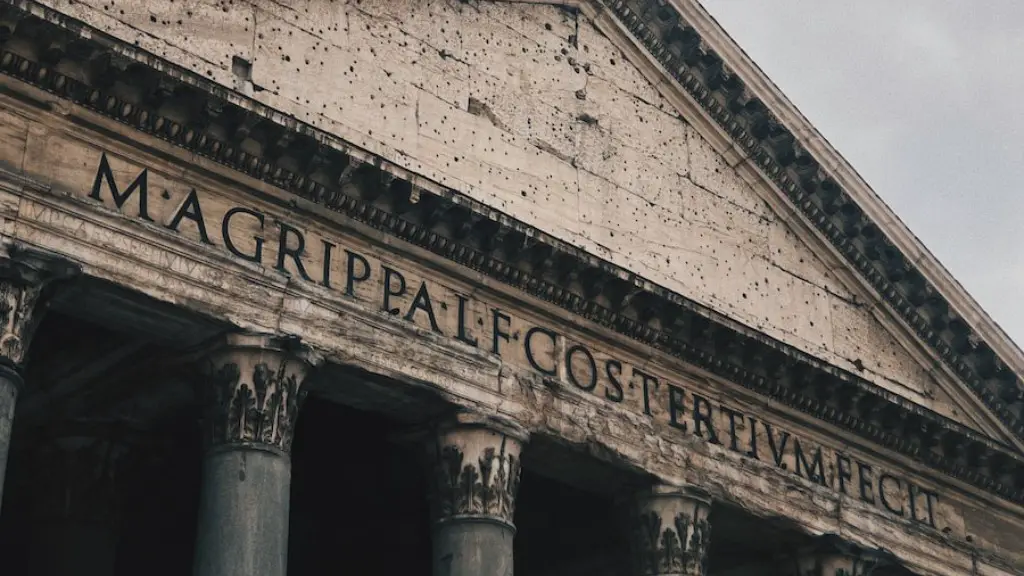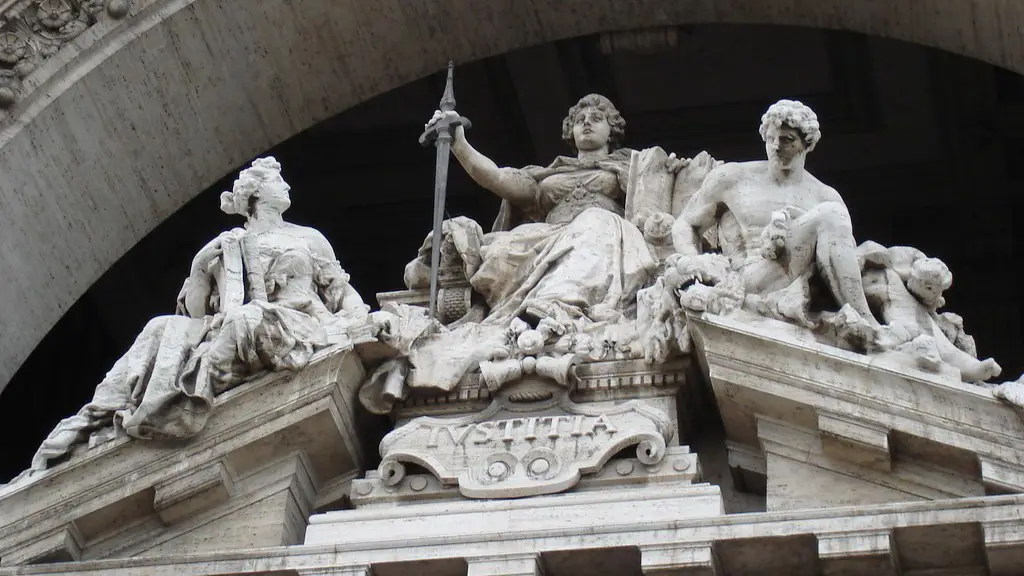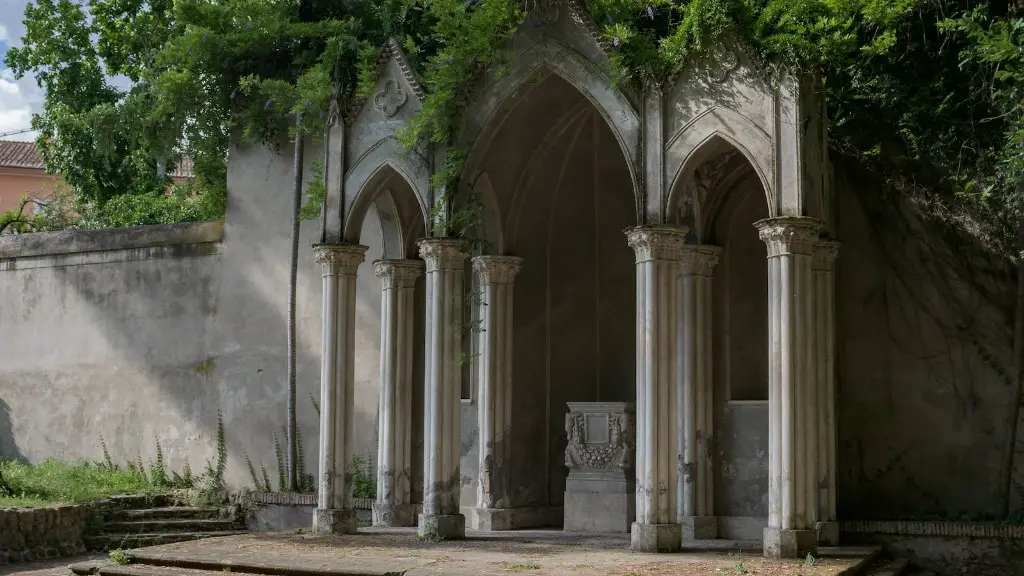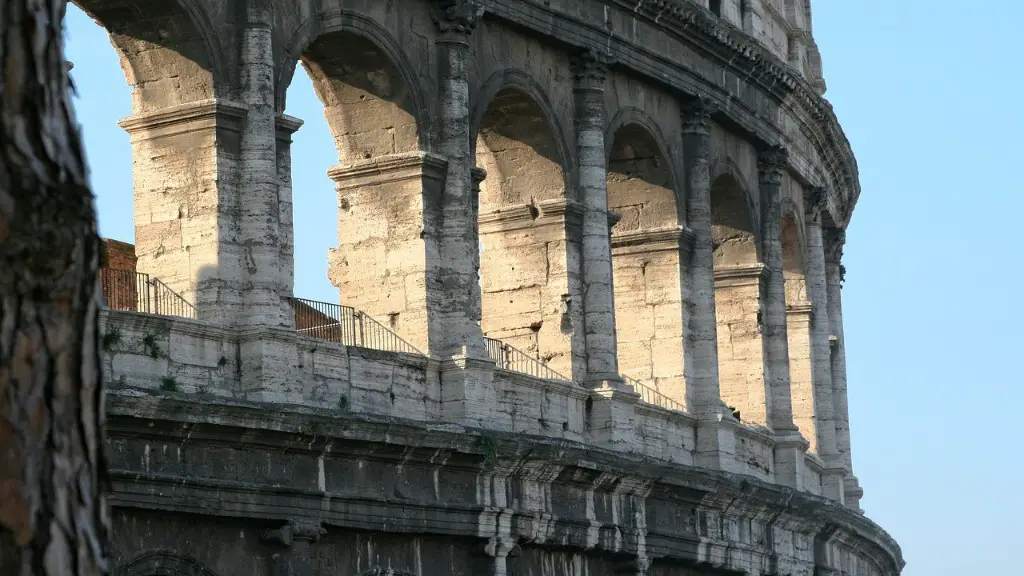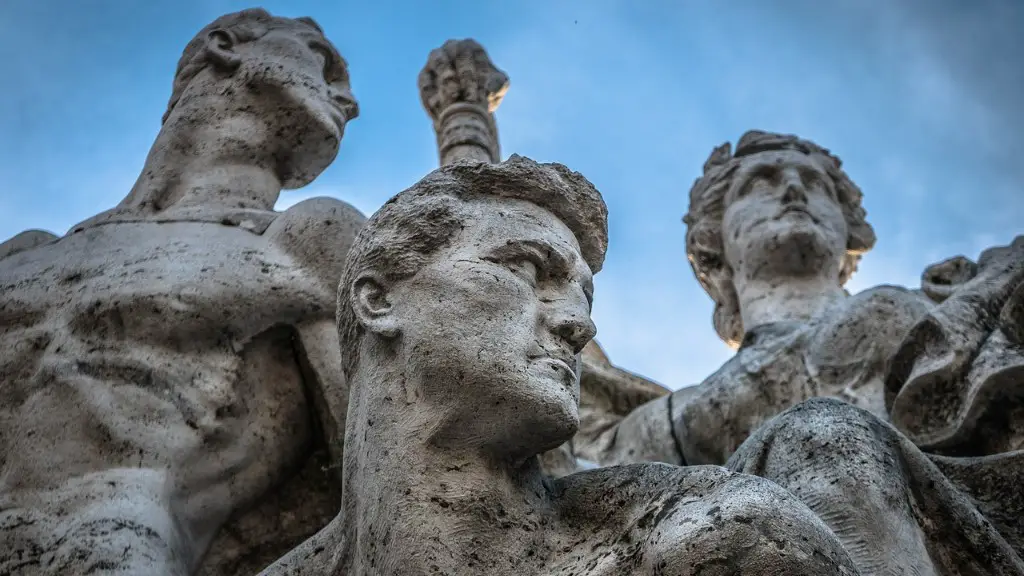Ancient Rome has a fascinating, complex and complex history that stretches back centuries and continues to intrigue us today. As one of the longest lasting and most influential empires in history, the legacy of first ruler, Romulus, still influences us in the present day.
It was said that Romulus and his twin brother Remus were the sons of Rhea Silvia, the daughter of Numitor, king of Alba Longa. When the twins were born, they were thrown into the River Tiber, they were saved by a she-wolf, who became their foster-mother and then took them back to the same area where Romulus accidentally killed Remus in a dispute over where to found a city.
Romulus became the first of the seven kings of Rome, ruling the land in 753 BC. As the first ruler of Rome, the legendary ruler Romulus created the Roman Senate and made the city walls, which were essential for the protection of the people who inhabited the new settlement. Romulus also spread Roman culture and government, developing the foundations of modern civilization.
The early Romans also believed that Romulus stated the first law for the city and created the forum- a marketplace for goods and services-which later became the central point for commerce and justice in the city of Rome. Romulus also created a secret police force, organized the Roman army and regulated the calendar to make sure that the city functions in an orderly manner.
Romulus was the founder of a vital religion that helped Rome grow and become more powerful. He declared the city of Rome to be under the protection of the gods Jupiter and Mars. He believed that by honoring the gods, the town of Rome could achieve greatness, and his legacy is still widely celebrated today.
Romulus held a place of respect in the eyes of the Roman people, as they thought he had done great things for their city. Therefore, he was remembered as a just and wise ruler and considered the founder of the city of Rome. His legacy of kindness and fairness are still admired today, and he is considered one of the most important figures in Roman history.
Romulus was a leader who successfully navigated a difficult historical period with courage and strength, establishing the powerful city of Rome and setting a strong foundation for its greatness. His wise leadership, strength and justice made a significant contribution to the legacy of Rome as an empire of power.
The Roman Kingdom
Romulus founded the Roman Kingdom and was its first king, ruling from 753 BC until his death in 715 BC. This period in Roman history saw Rome grow from a small settlement to a large and powerful city. During this time, Romulus established the government and laws, set up the Senate, organized the Roman army and regulated the calendar. He also created a secret police force, as well as Roman religious ceremonies.
Romulus was a strong believer in the gods and established many temples dedicated to them, as well as religious ceremonies. He also instituted strict punishments for criminals, which were often gruesome. Many of these Roman laws and customs still influence the way we live today.
Romulus was also a great military leader and led the Roman army to victory in many battles. He was able to unite the people of Rome and build a strong sense of identity and pride amongst them.
He was a powerful leader who was respected and admired by the people, and this admiration was reflected in the monuments and temples that were built in his honor.
Iconic Ruler of Ancient Rome
Romulus is one of the most iconic rulers of ancient Rome and is remembered for his strength and courage. He was a visionary leader who was able to successfully unify Rome and lay the foundation for the beginnings of an impressive and powerful empire.
He played an important role in setting up the religion, government and laws of Rome, as well as establishing the Roman army and police force. His legacy of justice, strength and wisdom are still admired today and continue to influence the way we live.
Romulus is an integral part of Roman history, and his legacy continues to inspire us to this day.
Roman Calendar
Romulus is credited with the creation of the Roman calendar, which laid the foundations for our modern-day calendar. This calendar was originally divided into months named after Roman gods, and it included a 12-month period that ended with December as the twelfth month.
Romulus was able to keep the calendar in sync with the lunar cycle, and in doing so, he created a system of dating that is still used to this day. Using his calendar, Romulus regulated the years, months, weeks and days, with January 1st being designated as the first day of the year.
The calendar established by Romulus was a core part of Roman life, as it was used to plan religious festivals and military campaigns, as well as providing order to everyday life. Although it has since undergone several changes and modifications, many aspects of the Roman calendar are still visible in our modern-day calendar.
Roman Expansion
Romulus is also credited with expanding the city of Rome, as his reign saw it grow from a small settlement to a major trading, political and military power. Under Romulus’ rule, Rome began to extend its borders and expand its influence throughout Italy and beyond. By the end of his reign, Rome was the pre-eminent power in the region. This period of expansion laid the foundation for the great Roman Empire.
Romulus was a great leader, who possessed the necessary strength and courage needed to lead a city and expand its boundaries. His legacy of strength, courage and ambition still inspires us to this day.
Romulus and the Roman Republic
Romulus’ legacy also extends beyond the period of Rome as a monarchy. He played a key role in the transition from a monarchy to a Republic, and is credited with establishing the Roman Senate, which served as a key governing body.
The Roman Republic was a government system in which power was held by elected officials and representatives from different classes of the population. This system of government is still in use today, and Romulus’ contribution to its establishment is still remembered.
Romulus’ success in leading the people of Rome to become a powerful and respected empire was based on his courage, strength and vision. His legacy continues to this day, and he remains one of the most iconic rulers of ancient Rome.
Romulus and Religion
Romulus was a great supporter of the gods and regularly paid homage to them, believing that by doing so, Rome would gain their favor and grow in strength and power. He instituted various religious ceremonies and festivals, as well as creating temples dedicated to the gods.
Romulus’ belief in the gods made a significant impact on Roman life, as the Romans placed a strong emphasis on honoring them. This in turn helped Rome to become a powerful empire, and to this day, Roman religious festivals are still celebrated around the world.
The Myth of Romulus and Remus
The legendary story of Romulus and Remus is also widely known and is often used to explain how Rome was founded. According to the legend, Romulus and Remus were the sons of the god Mars, born to the Latin princess Rhea Silvia. The twins were then abandoned in the River Tiber, and were suckled by a she-wolf before being rescued and adopted by the shepherd Faustulus and his wife.
Romulus and Remus were raised together and, when they grew up, they decided to found a city on the site where they were found by the she-wolf. However, a dispute over where the city should be built eventually led to Romulus killing his brother.
Although the story is uncertain in its accuracy, it is a powerful legend that has been passed down through the ages, and it still serves as an important reminder of the ancient Roman time and Romulus’ role in its creation.
Modern Day Legacy
Romulus’ legacy continues to this day, and he is still remembered for his courage, strength and wisdom. His contribution to the foundation of the Roman Empire, government and laws are still visible in our modern-day society and culture.
Romulus also serves as an inspirational example of an ambitious leader who was able to see the potential of a small settlement and turn it into one of the most powerful empires in history. His legacy will continue to influence us for centuries to come.
